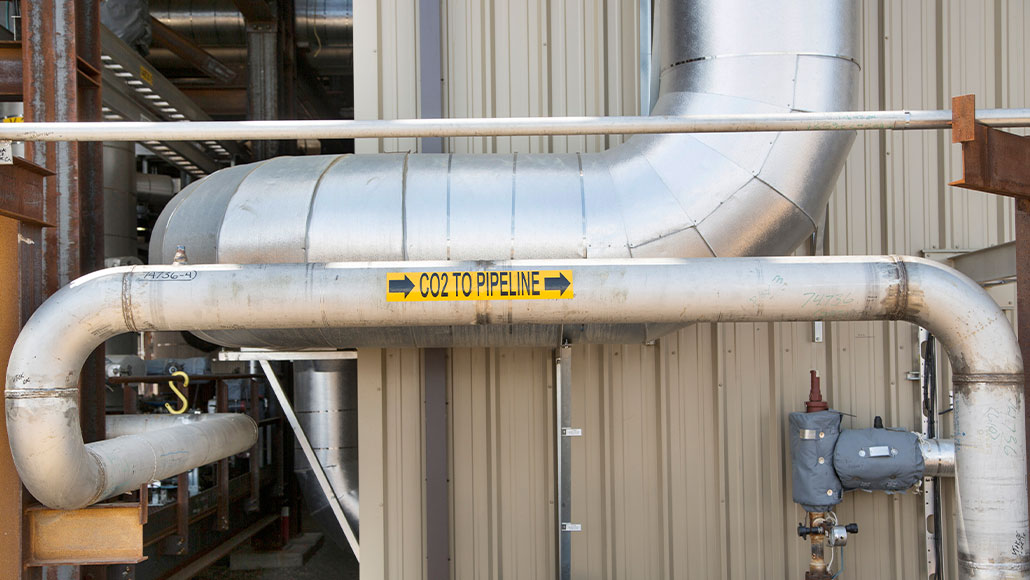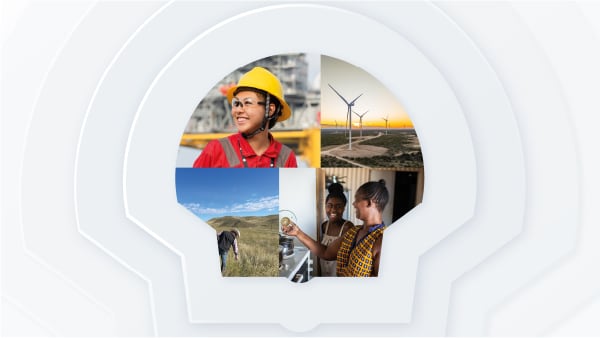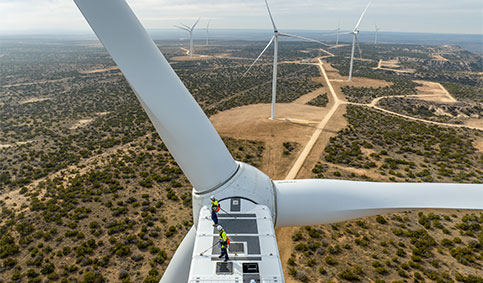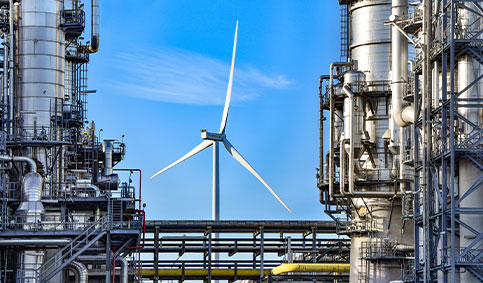Carbon capture and storage (CCS)
CCS technologies are safe, proven, and necessary for the world to achieve net zero. However, in many countries, CCS lacks sufficient regulatory support and a clear business model. To address these challenges, we support policy mechanisms to encourage deployment of CCS at scale, and industry partnerships to decarbonise hard-to-abate sectors.
While some of our advocacy continued at an international level in 2023, our main focus was in certain regions and countries.
In the EU, we responded to consultations on the Industrial Carbon Management Strategy and certification of carbon removals, advocating for supportive frameworks for CCS, carbon capture and utilisation and carbon dioxide removal technologies.[1] We also highlighted the importance of large-scale deployment of CCS in our response to the EU consultation on a 2040 climate target.[2]
We provided feedback on the EU’s proposed Net-Zero Industry Act (NZIA). The NZIA will require producers of oil and gas in the EU to develop a total of 50 Mtpa of carbon dioxide (CO2) injection capacity by 2030. As the NZIA progressed through the legislative process, we proposed that the relevant provisions be widened to ensure development of the whole value chain, including carbon capture and transport, as well as carbon storage.
In the USA, we continued to support the provisions for tax credits and infrastructure in the Inflation Reduction Act (IRA) and Infrastructure Investment and Jobs Act (IIJA). In combination, we believe the provisions in the IRA and IIJA could spur dramatic deployment of CCS in the USA if the federal and state governments can ensure timely permitting.
In the Asia-Pacific region, Shell is working with national and state governments to develop policy and regulatory frameworks for CCS. The creation of a cross-border CCS hub in Asia-Pacific could benefit multiple industries in various countries across the region. In March 2024, Shell was one of two parties selected to work with the Singapore government as lead developers for a cross-border CCS project that could store at least 2.5 million tonnes of CO2 per year by 2030.
In Australia, Shell encouraged the government to ratify the amendments to the London Protocol to facilitate cross-border transport of CO2 for sub-seabed storage.
In China, Shell and its partners have been working with national and local government authorities, industry associations and academic institutions to advocate necessary policy support for the development of CCS projects. Together with our partners, we are exploring the feasibility of building a CCS hub in the Daya Bay area of east China to capture up to 10 million tonnes of CO2 a year. Supportive policies would help to make this venture a reality, helping the low-carbon development of the province.
In Brazil, Shell advocated the development of a legal framework for CCS through legislative proposals in Congress. This covered a range of CCS issues, including governance and liabilities.
We provide more detail about our advocacy on some of these topics on our website.[3]

[1] ec.europa.eu/info/law/better-regulation/have-your-say/initiatives/13848-Industrial-carbon-management-carbon-capture-utilisation-and-storage-deployment/F3435374_en and www.shell.com/external-redirects/shells-response-to-the-eu-commissions-public-consultation-on-certification-of-carbon-removals
[2] www.shell.com/external-redirects/eu-2023-six-shell-submission-eu-2040-climate-target
[3] www.shell.com/sustainability/transparency-and-sustainability-reporting/advocacy-and-political-activity/climate-and-energy-transition-advocacy-updates.html. We also provide further information about CCS on our website: www.shell.com/what-we-do/carbon-capture-and-storage.html









